It's no secret that a clean home can be one of the best investments you can make. By maintaining your home, you're able to reduce the risk of repair and maintenance on other parts of your property — both in terms of life span and overall value. Several things can go wrong when cleaning your home. Cleaning mistakes are one of the major hurdles that a lot of homeowners face. Before cleaning your house or office, there are several things you should take care of. Not only do you need to remove all dirt, dust, and grime but also make sure that you have all the supplies on hand.
This article will help you identify the common mistakes you make while cleaning, which ones are avoidable, and what you can do to improve the way your house looks when you aren’t working on it.
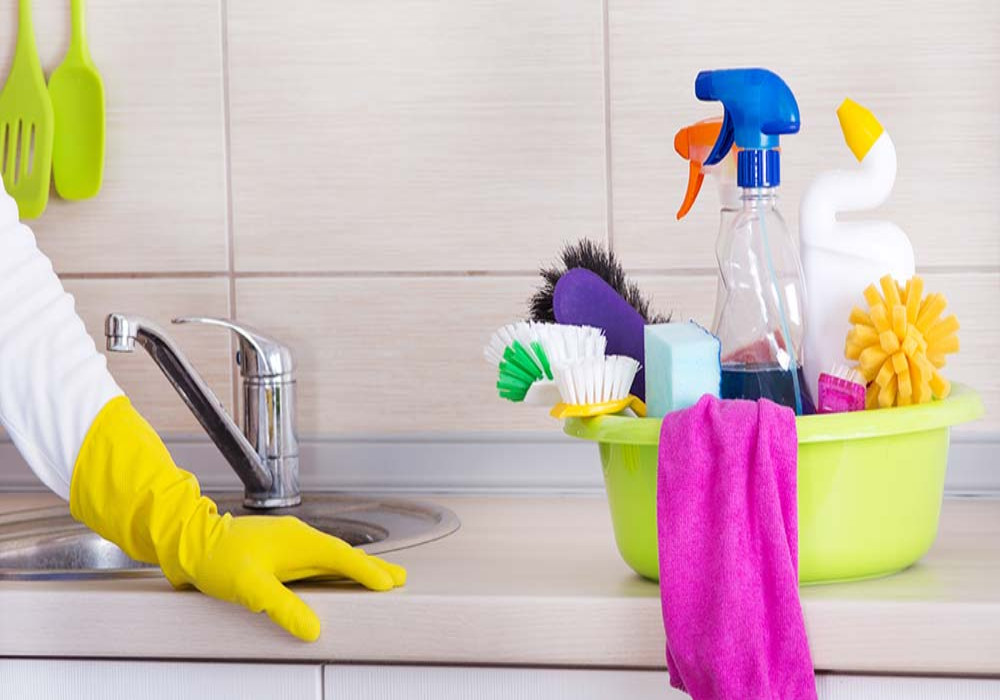
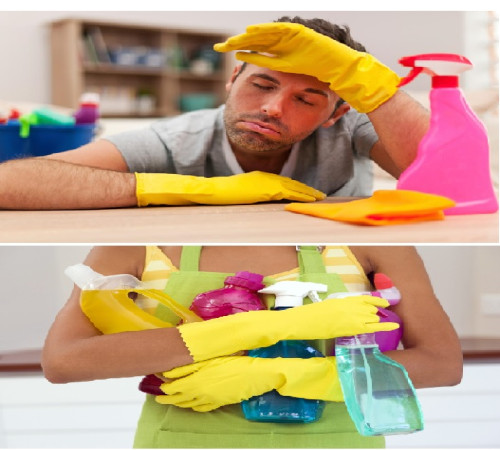
Not cleaning often enough
The first mistake people make when they’re cleaning is that they don’t clean often enough. This can lead to buildup and a build-up of grime, which can cause stains on your clothes or other surfaces. If you have a lot of things to clean a house try to do at least one big cleaning session every week or two. It will help keep your home or workspace smelling fresh.
Using too much of a chemical
It's easy to get carried away when using chemicals in the home. However, too much can be dangerous, so don't use more than is necessary. For example, if you're cleaning with bleach, don't let it sit in an open container on the countertop or near food or drink that might come into contact with it.
Using the wrong cleaner
The third common mistake people make when they’re cleaning is using the wrong type of cleaner for the job. You may be tempted to use a cleaner that's made for your specific cleaning task, but you should use a general-purpose cleaner instead. That way, you can use it on many different surfaces without worrying about any negative effects. You might think that all cleaners are created equal, but this isn’t always true—some cleaners are better at removing certain types of stains than others are. For example, if you want to get rid of grease from your stovetop, you should use a cleaner that contains enzymes that break down fats to remove them from surfaces like this one more effectively than just using water alone would do so; otherwise, it won’t work very well. Don’t overuse it.
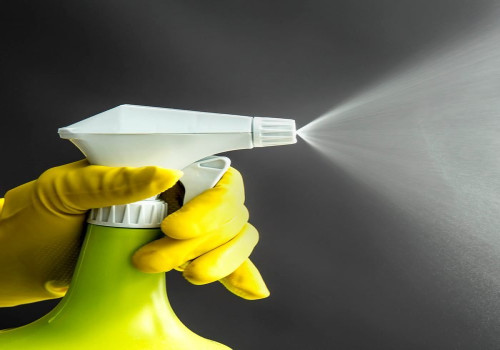
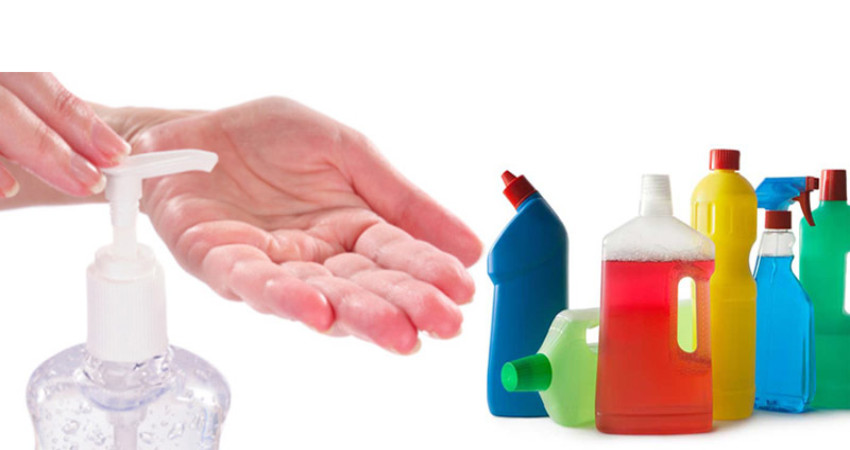
Not measuring correctly
When measuring chemicals, always make sure that they are measured accurately. You want to make sure that the amount of chemical being used is correct for each particular area that needs cleaning and not too much or too little of something else (like dish soap). Also, be sure to check the label on the bottle before purchasing so you know exactly how much of each ingredient there will be to avoid having to go back and re-measure later on due to incorrect amounts.
Using too much water
It's tempting to think that if you use more water, then it will do a better job of rinsing away any dirt or debris left behind after you've cleaned up, but this isn't necessarily true—it could be diluting the effectiveness of your cleaner and making things worse by diluting away its ability to kill bacteria and other microorganisms that cause odors.
Using dirty sponges and cloths
If you're using sponges or cloths that are already dirty, it's best to use fresh ones instead - especially if they're wet from previous use or were washed with soap residue on them beforehand. If you don't have any spare sponges or clothes at home, then consider buying some new ones so that they won't be used on other things (like cleaning off plates) and end up getting stained again later on down the line.
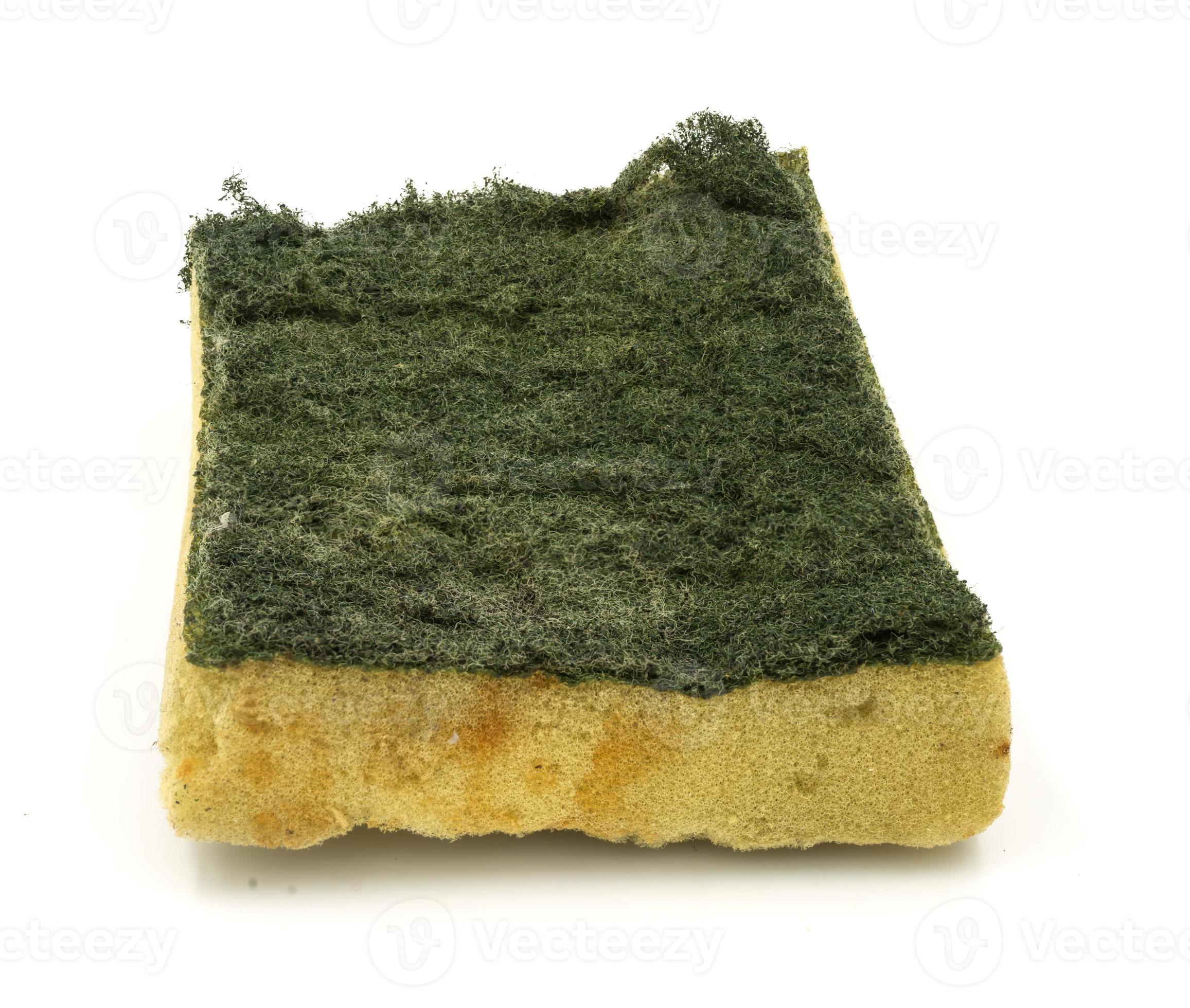
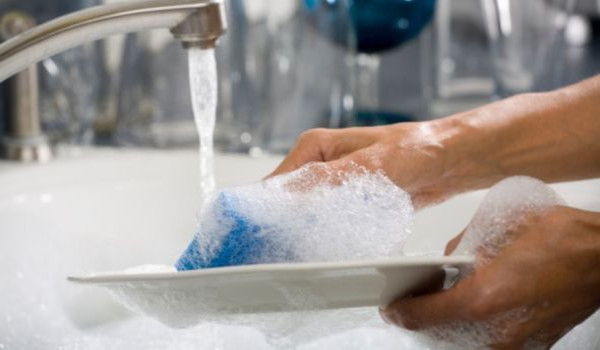
Using too much soap
When using a cleaning product, you want it to be strong enough to clean the job at hand, but not so strong that it'll damage your surfaces or leave behind residue. That's where the balance comes into play: Too much soap can leave your surfaces with a film, and too little can mean that you aren't getting rid of all the grime. To prevent this from happening, try diluting your cleaning product with water first to see how strong it is before applying it to your surface (or wipe it down first). If you like the results, then add more water until the desired strength is reached.
Failing to clean the cushions of the sofa
If your children have been playing in their room or you've had friends over for dinner, it can be easy to forget about the mess under your sofa cushions and not put away any dirty cups or plates that may have been left there after the meal has finished. Cleaning this area regularly will help prevent mold from developing there and ensure that your furniture stays looking clean and fresh for longer.
Not wiping down after you clean with a damp cloth or sponge
When you're done cleaning, don't forget to wipe down the surface you cleaned with a moist cloth or sponge. This will prevent dirt and grime from being left behind on your countertops and other hard-to-reach surfaces. The same goes for wiping down your floors—don't forget about them.
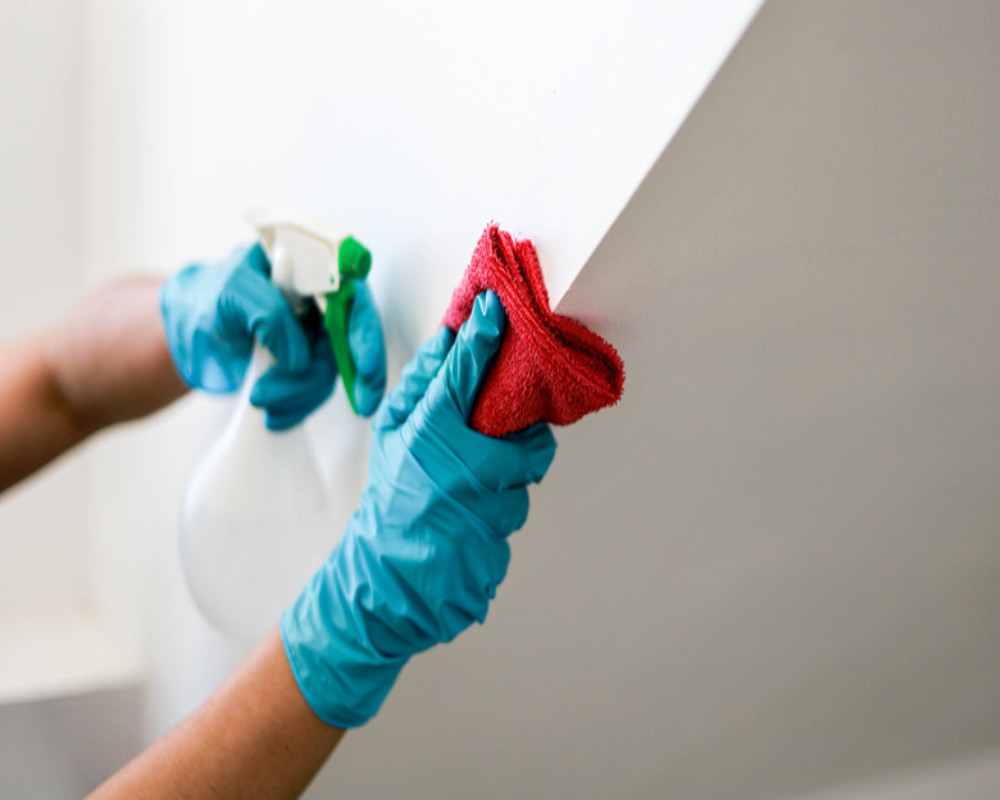
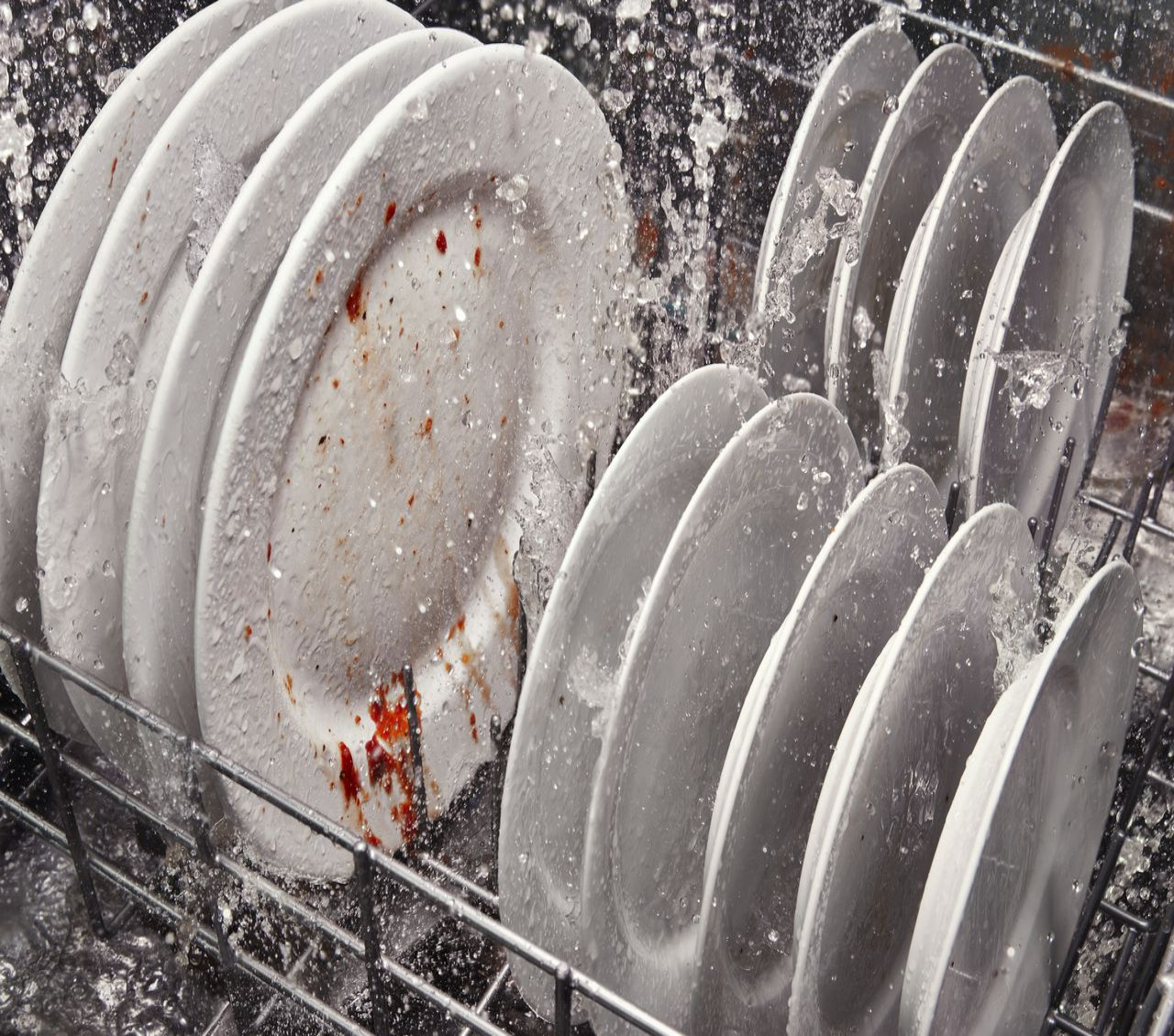
Leaving the dishwasher unclean
This is not a difficult task, but it's easy to overlook if you're busy cooking or having guests over for dinner. The dishes will get dirty again if they're left in there even once before they're cleaned properly. Make sure you put them in the dishwasher as soon as possible after use - otherwise they'll start to take on the smell of food and become harder to clean properly.
Tossing away old, used towels and rags from the cleaning process
It's tempting to toss away the used rags from your cleaning process but don't do it! These rags can be very useful in other ways besides being used for cleaning purposes—they can be used for dusting or drying dishes after washing them; they can also be folded and put into storage bags until needed again later on down the line.
Using too much laundry detergent
Using too much of the wrong type or amount of laundry detergent, especially when you have a large family, can cause all sorts of problems. It's best to use a little bit only and add it to the final rinse instead of adding it directly to your washing machine. This way you can check how much is being used and adjust as needed.
Spraying the furniture with polish
Polish is a great way to add shine to your furniture, but unless you’re using the right kind of polish, it won’t work as well as it could, and if you're not careful it can damage your furniture over time! It needs to be applied evenly and thinly over your surfaces so that it can penetrate deep into the wood and leave your furniture looking brand new again.
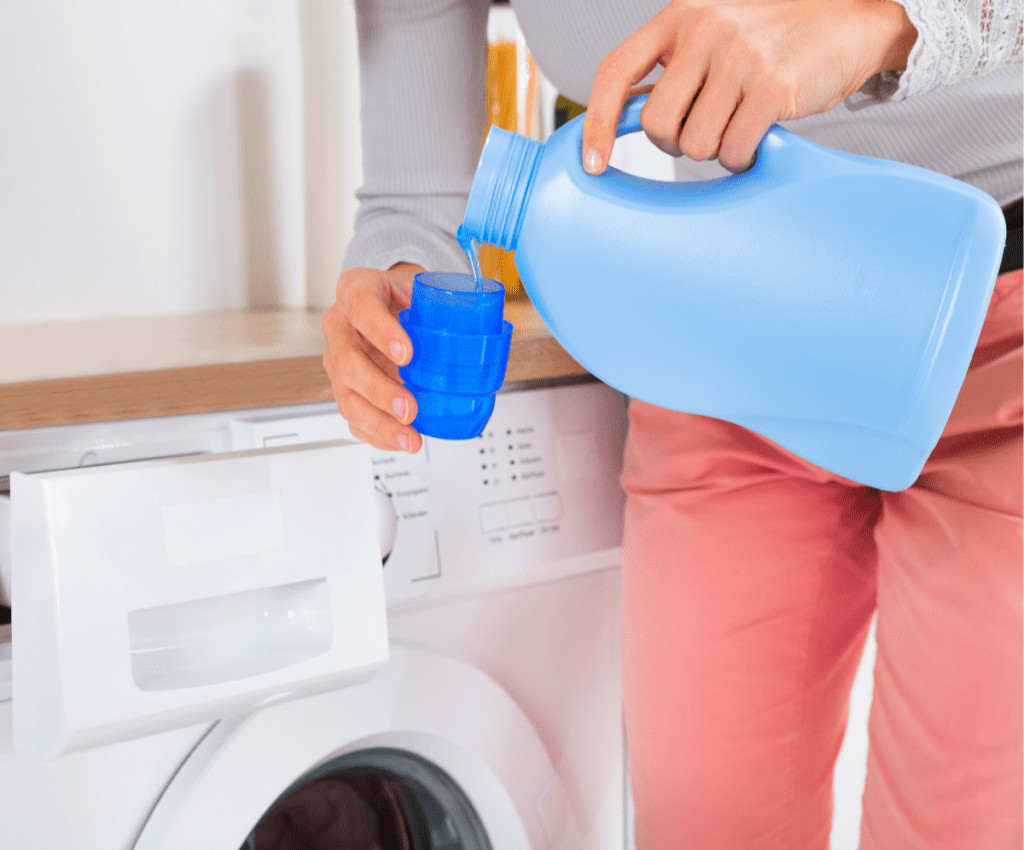
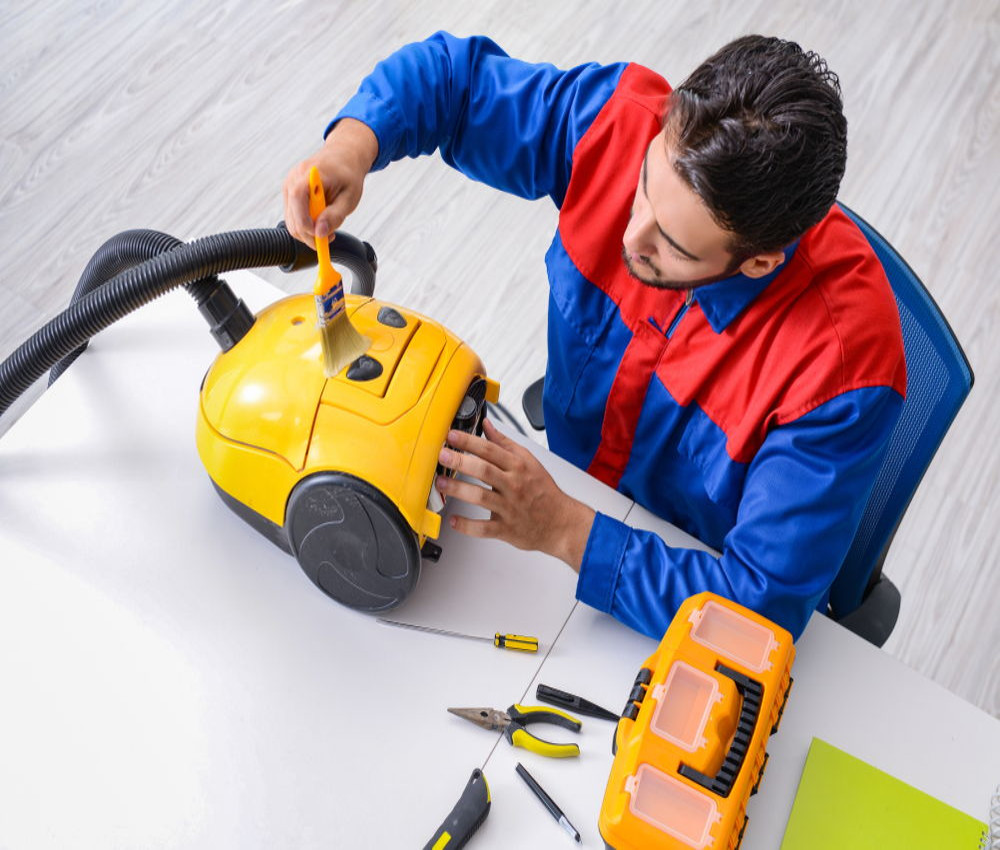
Failing to clean your vacuum
You probably know that it's important to clean out your vacuum every once in a while, but it's surprising how many people just don't do it. Vacuums are one of those things that we tend to take for granted until something goes wrong with or starts smelling funny or has strange noises coming from them. The good news is that vacuums are fairly easy to maintain — all you need is a dustpan and brush and some hot water (or vinegar if you want).
Skipping over crumbs in cracks and crevices
If there's anything more annoying than having to scrub at hard-to-reach spots, then it's having to do so over and over again until they're clean! This is why it's important to keep an eye out for places.
Forgetting to empty your trash can
It sounds obvious but we all forget about our bins from time to time! This means that food remains in there for days or even weeks at a place. If you aren’t careful about taking out your rubbish regularly, it can start to smell and attract pests such as mice and rats who love to make their homes in the dark corners of our homes. It’s easy to forget about this simple thing if you have a lot of recycling bins around your home but try to keep track of how many times you take out your rubbish bin each week so that you don’t accidentally put anything back inside.
Forgetting about handles and doorknobs
It may be easy to forget about the handles and doorknobs when you're cleaning, but they can harbor germs that can be passed on to other people. Also, they're often right near the entrance, so when you touch them with your bare hands, you're spreading germs along your body.
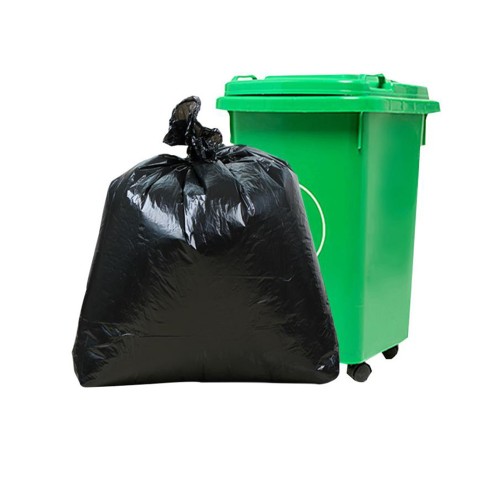
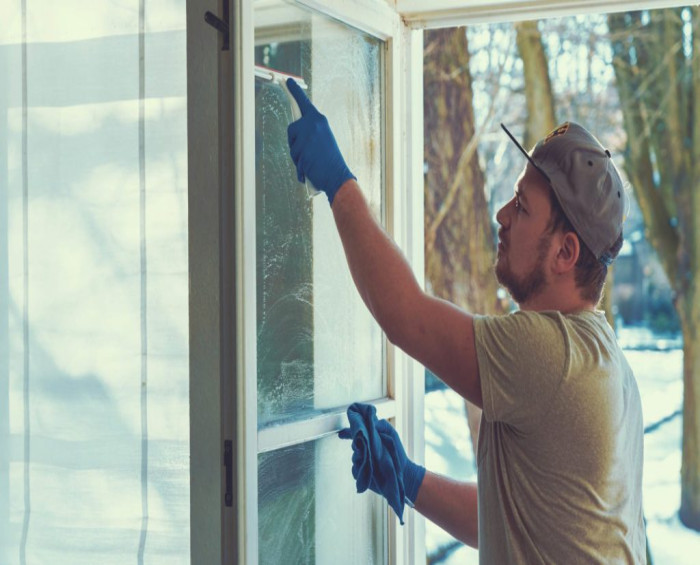
Cleaning outside of windows where birds may be attracted to your hard work (Bird dropping is not a good thing)
If you're working on the outside of your windows, make sure to clean up after yourself. Birds are drawn to the same things that attract humans, shiny objects and water. Make sure that nothing is left out for them to eat or drink, especially bird food.
Ignore your most important touchpoints
Don't forget about your air conditioning and heating vents. These are often overlooked because they are so small, but those little holes can trap dirt and dust in them, which can cause major problems for the A/C or heater if left unchecked over time.
Don't forget about dust and dirt on fixtures and appliances
Dust can cause a wide range of health problems, including asthma and allergies, as well as lung infections. Dust mites are also a major concern, as they can cause allergic reactions, eye irritation, and digestive problems. To prevent this from happening, you should regularly clean all surfaces to get rid of excess dust and dirt.
Remove all dust in vents and air conditioning units
Vents are usually located in the ceiling of the house, but they can also be found on other parts of the house such as walls and flooring. So if you want to keep your family safe from dust, you should remove all dust from these areas every time you clean them.
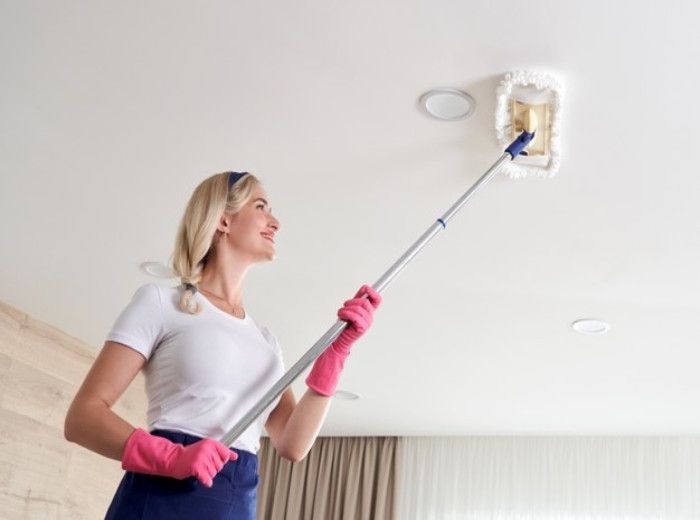
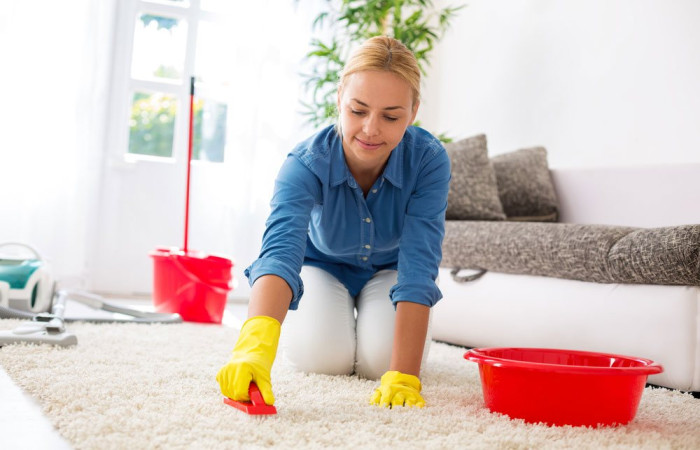
Don't be afraid to get down on your hands and knees
Sometimes it's easier than you think, especially when cleaning up around the window sills or underneath furniture or appliances. You'll be surprised at how much more comfortable your back will feel, and you'll also be able to get under things that you couldn't before.
Above is a list of some of the most common cleaning mistakes people are making and how you can prevent them. We hope that this list will help you clean better and quicker whatever your next project calls for and you can get cleaning and stay healthy at the same time.